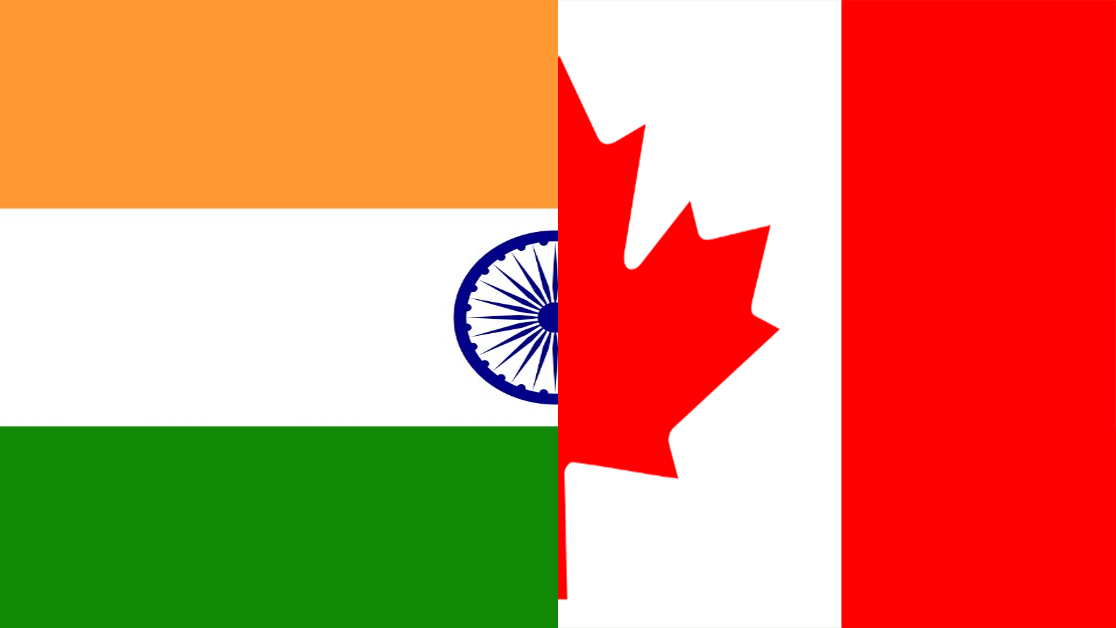The Canadian and Indian diplomatic relationship has been shaky since Prime Minister Justin Trudeau’s accusations on Sept. 18 that the Indian government influenced the killing of a Canadian Sikh leader — now TRU students are feeling the effects.
Over the month since the accusations were made, India denied all involvement. In response, the country decided to suspend visas for Canadians travelling to the country and made declarations that they would be expelling Canadian diplomats from the country.
On Sept. 20, India’s Ministry of External Affairs released the following statement:
“In view of growing anti-India activities and politically-condoned hate crimes and criminal violence in Canada, all Indian nationals there and those contemplating travel are urged to exercise utmost caution.”
Because of these policy changes, Vaenisha Kaushik, a 19-year-old TRU student from Calgary, said some of her family members won’t be able to attend her brother’s wedding in India next month.
“The thing that we’re struggling with right now is the fact that our family can’t get a visa,” Kaushik said. “If they can’t get a visa, they can’t go…It’s a really weird thing. I didn’t expect this to actually happen,”
Kaushik is an Overseas Citizen of India (OCI) cardholder because she was born to Indian parents; this means that although she is a Canadian citizen, she is free to travel to India without facing major restrictions. Her parents also have OCIs, allowing them to attend the November wedding. However, some members of her extended family do not have this certification.
Kaushik said that weddings are a major event in Indian culture. The recent pandemic caused the family to miss her older sister’s recent wedding, and now politics are stifling her brother’s wedding. This will be difficult for a family that prioritizes staying connected with their culture.
“I was born in Calgary, [but] we had to go to India quite often because my parents wanted us to stay immersed in that culture.”
On top of travel restrictions, Kaushik said that the ongoing restriction of Canadian news content on social media platforms like Facebook and Instagram has made simply staying informed about the topic difficult.
“We can’t see the news, so we really don’t know what’s going on,” Kaushik said.
Although domestic TRU students may be feeling tangible effects and uncertainty if they have immediate travel plans to India, Saira Bano, an assistant politics professor at TRU, said that the biggest impact for Indian students is currently psychological.
“Right now, there is a lot of anxiety among Indian students because we have a huge Indian student [population], not only at TRU but in other post-secondary institutions in Canada,” Bano said.
Of the over 6,600 international students attending TRU during the 2022-23 academic year, 42 per cent came from India. The restrictions implemented so far affect primarily Canadian citizens in India, but if things escalate further, this could change.
“Right now, both [country’s] positions are really rigid,” Bano said.
According to Bano, the primary riff between the nations is how they handle the Khalistan movement. Khalistan is a proposed Sikh nation-state that would be separated from the rest of India. Bano said that Canada has a large Sikh population, and pro-Khalistan protests are allowed when they are not in India.
“It’s becoming more prominent, so that’s why India was raising this issue with Canada. India has been critical of Canadian policies [feeling that they] are being soft on these protests calling for pro-Khalistan land,” Bano said.
This tension between the countries was heightened by Prime Minister Justin Trudeau’s allegations that India played a role in the killing of a pro-Khalistan activist in Canada. However, Bano said that she believes the two nations will be able to find common ground as their relationship is too important to both countries.
“Structural factors are strong enough that relations are not going to go for further deterioration,” Bano said.
With that being said, until an official resolution can be worked out, Canadian citizens, like some members of Kaushik’s family, will need to work around the new policies that governments are putting into play.

